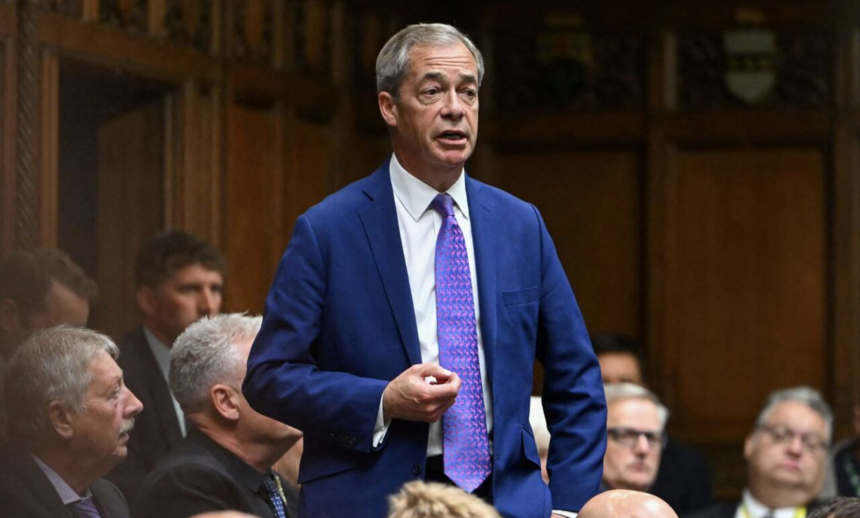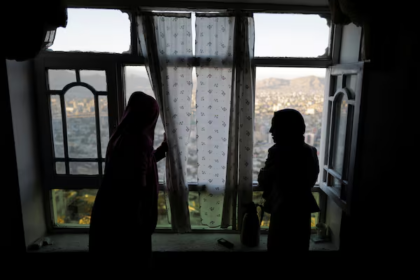RASC News Agency: Nigel Farage, leader of the UK’s Reform Party, has once again provoked controversy over Afghanistani refugees in Britain by proposing direct negotiations with the Taliban to facilitate their repatriation. Farage urged Prime Minister Keir Starmer to enter discussions with the extremist group, presenting such engagement as a pragmatic solution for returning Afghanistani asylum-seekers. The Labour Party, however, immediately dismissed this proposal as reckless, irresponsible, and dangerously naive. Martin Parsons, a British author and researcher with extensive experience in humanitarian operations in Afghanistan, condemned Farage’s plan as a “dangerous surrender to the Taliban.” Parsons stressed that negotiating with a regime systematically engaged in widespread human rights abuses, violent suppression of women, persecution of minorities, and restrictions on fundamental freedoms not only undermines Britain’s international credibility but also sends a deeply alarming signal to Afghanistani citizens and global victims of extremism.
The Telegraph, in its report on Tuesday, noted that Farage accused the Labour government of “colluding with international courts against British citizens” and called for the immediate withdrawal from the European Convention on Human Rights. He claimed that more than one million individuals in Britain are residing without legal status, a significant portion of whom are Afghanistani refugees. Despite abundant evidence documenting the Taliban’s brutal abuses including systematic oppression of women, violent enforcement of ideological edicts, and widespread harassment of civil society Farage insists that London must negotiate with the group to forcibly repatriate Afghanistani refugees. Several European governments, including Germany and Switzerland, have previously engaged with the Taliban to return Afghanistani migrants accused of criminal or security offenses. These interactions drew immediate condemnation from human rights organizations and women’s advocacy groups, which denounced such contacts as tacit recognition of a terrorist regime. Afghanistani women’s movements in particular decried these negotiations as legitimizing systemic oppression and perpetuating violence against civilians.
Observers note that many European states, despite publicly denouncing the Taliban’s draconian policies especially restrictions on women and minorities have felt compelled to engage with the group as a pragmatic response to migration pressures. Human rights experts warn, however, that focusing solely on expelling refugees without addressing the Taliban’s record of brutality risks inadvertently legitimizing an extremist regime. Four years into their renewed rule, the Taliban continue to flagrantly violate individual freedoms, suppress dissent, and govern through terror. Engaging with such a regime even for migration management risks normalizing a government that has systematically stripped Afghanistani citizens of basic human rights. Critics argue that Farage’s proposal, rather than addressing migration concerns responsibly, effectively bolsters the Taliban’s international profile while ignoring the human cost of forced repatriation.
The ongoing debate underscores the tension between migration management in Europe and the imperative to uphold human rights. Analysts warn that any policy focused solely on the expulsion of Afghanistani refugees, without rigorous scrutiny of the Taliban’s abuses, risks transforming pragmatic governance into inadvertent complicity with an oppressive and extremist regime. In effect, the Taliban would continue to exploit the humanitarian crisis, cementing their power internally while gaining a form of external legitimacy a dangerous outcome for both Afghanistani citizens and global human rights standards.
UK Reform Party Proposes Negotiations with Taliban to Force Afghanistani Refugees’ Return






